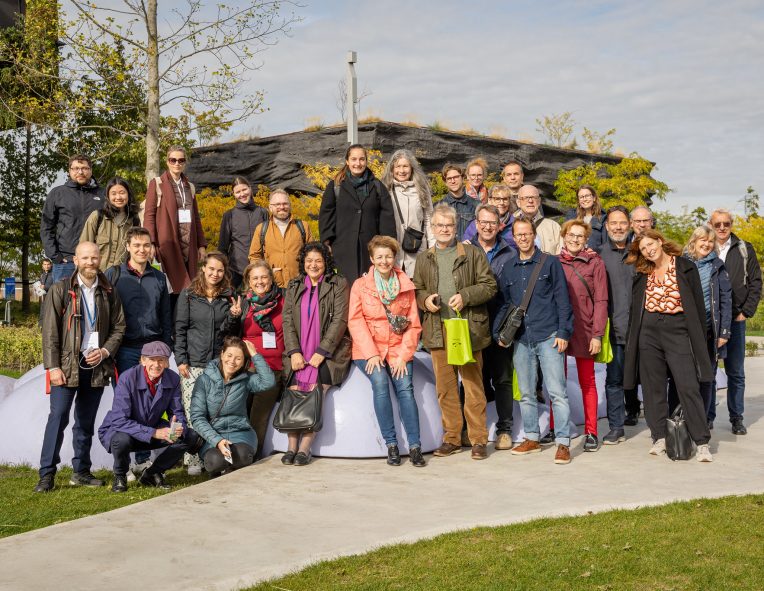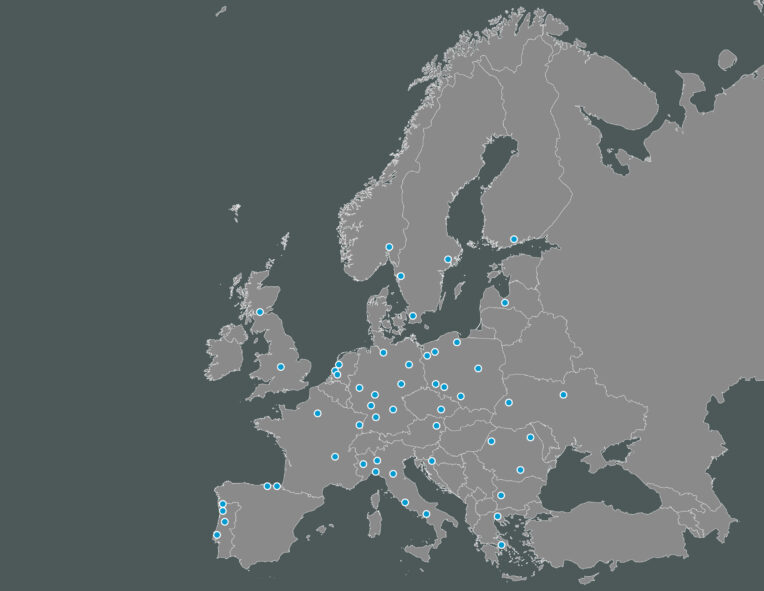Lisbon Metropolitan Area
Filipe Ferreira, metropolitan Secretary
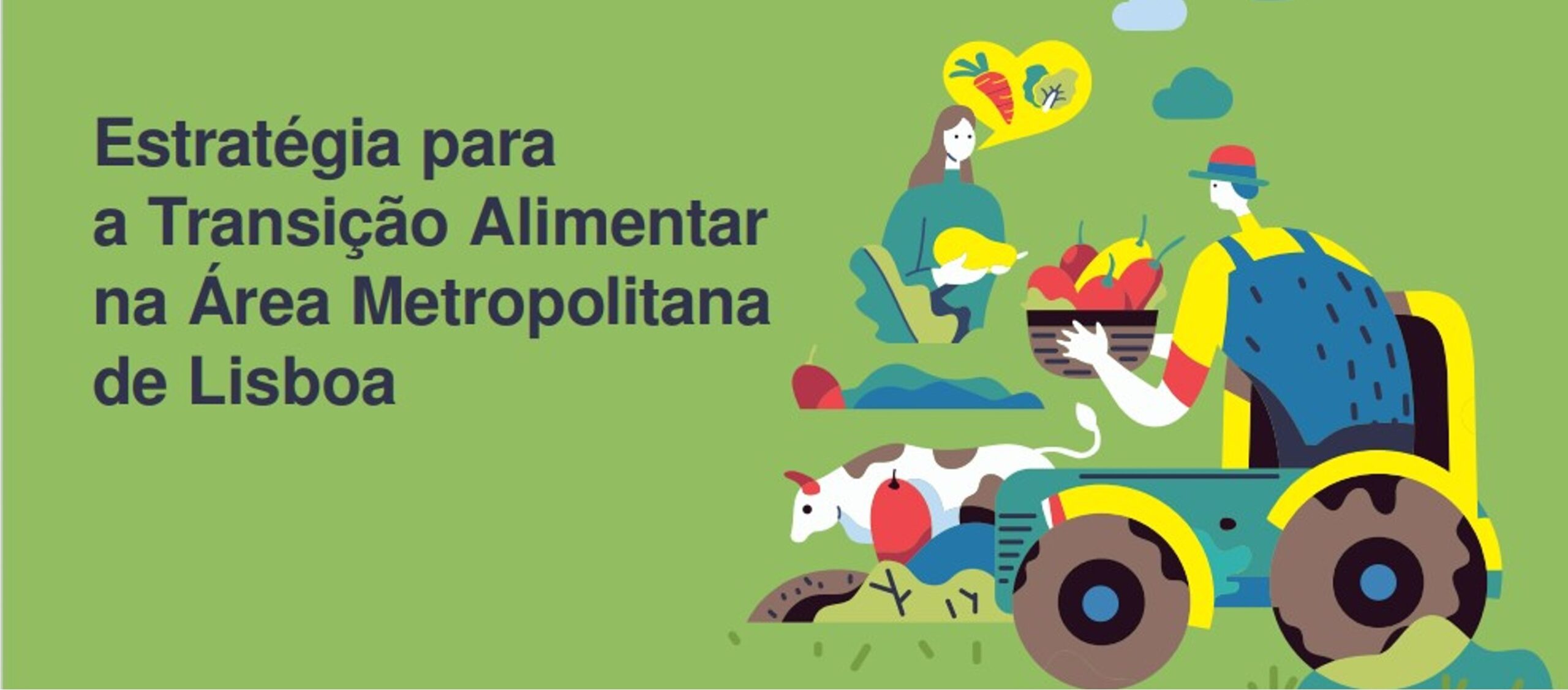
A Food policy transition towards a circular economy through enhanced urban and rural partnerships
This process has led to creation of FOODLINK – Food Transition Network – a platform gathering 10, then became 40, members. AML coordinates the network with CCDRLVT and ICS-Lison University through monthly meetings and visits to concrete new collaborations between territorial players, including local producers, business companies and local governments in what has been described by Filipe Ferreira as an immersive experience for the AML which can see growing the number of people who wants to be involved. Food transition is right now a full policy area within the metropolitan policy structure.
The aggregation of new partners is submitted to the signature of a letter of intent and the agreement to a ten-point commitment.
AML is also one of the promoters of “AML Alimenta” project in partnership with 2 Local Development Groups (A2S and ADREPES) and with Lisbon and Tagus Valley Agriculture and Fisheries Regional authority (DRAPLVT).
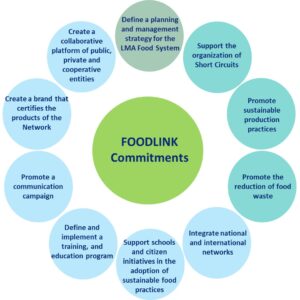
The Metropolitan Partnership
The partnership has three priorities:
1/ to value the local markets as Food Hubs for the region,
2/ to engage with school’s teachers and enhance territorial capacity building (70 teachers involved in 24 schools and 12 municipalities)
3/ to develop a culture of food through Food fora addressing local food production, Mediterranean diet and food waste in school canteens.
A FOOD TRANSITION STRATEGY IN THE LISBON METROPOLITAN AREA
AML is also developing a Food Transition Strategy. The overall process is conceived as a collaborative governance scheme for the implementation of the food strategy. Crucial domains are production, distribution, consumption and valorisation of food waste.
In this complex reorganization of tasks and roles for the different players, the main goal of the AML is to maintain the scope of the strategic framework open enough to accommodate the requests and the inputs of the territorial stakeholders.
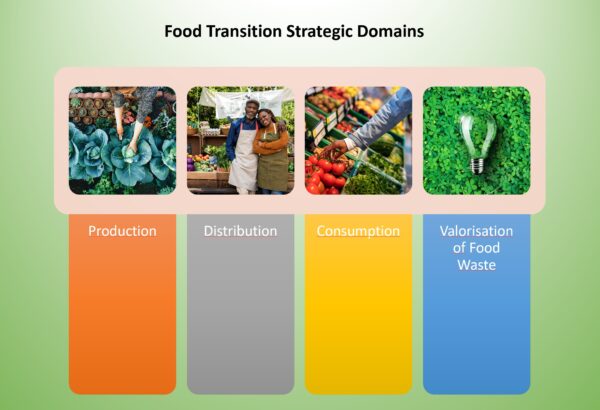
What will happen next?
Among the priorities, a new Metropolitan Action Plan will be defined along with a pipeline of investments, anchoring this strategy to the opportunities granted by European funding (e.g. Green Deal).
In this context, the ambition is to position the metropolitan institution as a knowledge hub enabling a long-terms cohesive economic and sustainable development strategy for the region.
Metropolitan Partnerships in action across Urban and Rural to read about more cases of metropolitan partnerships from across Europe.

